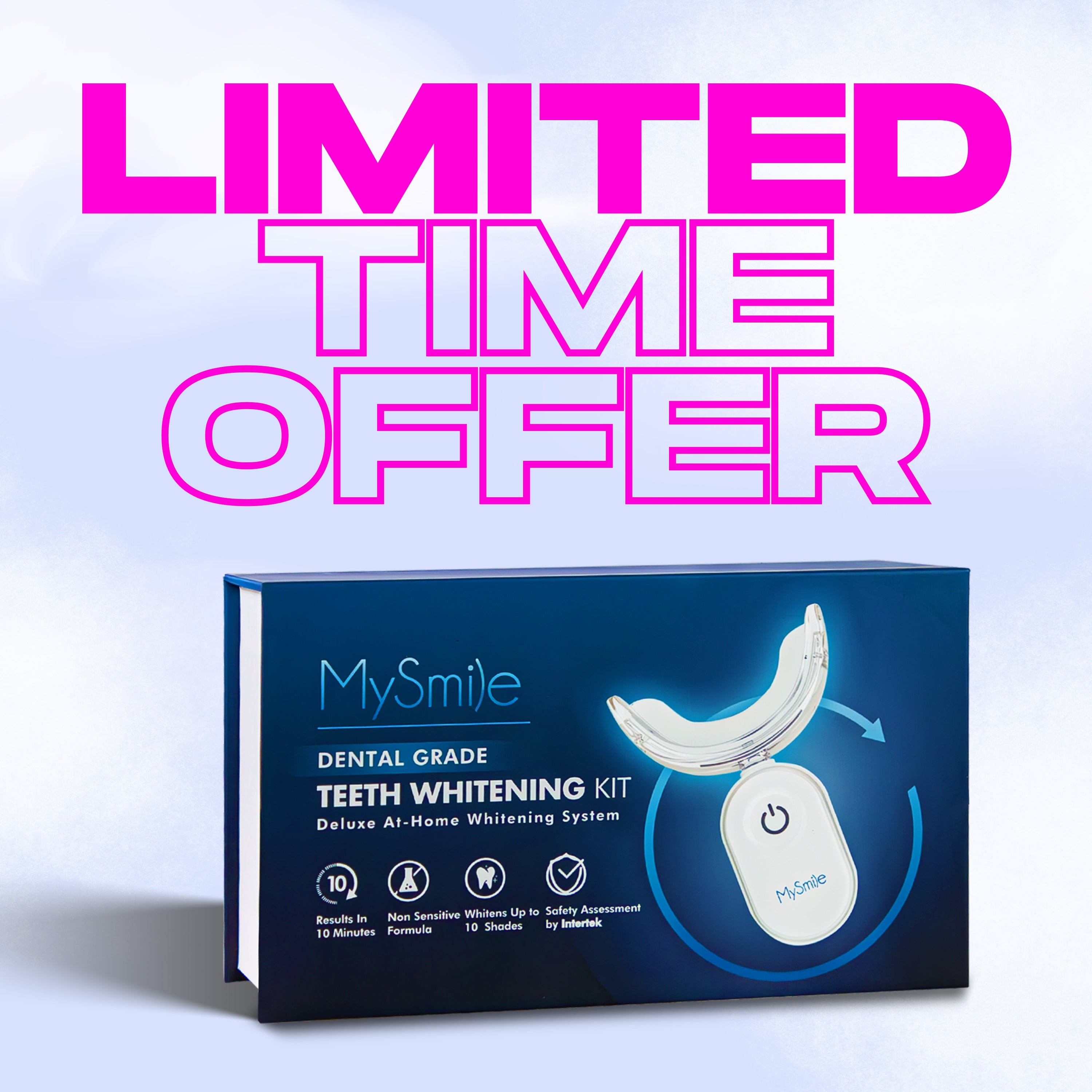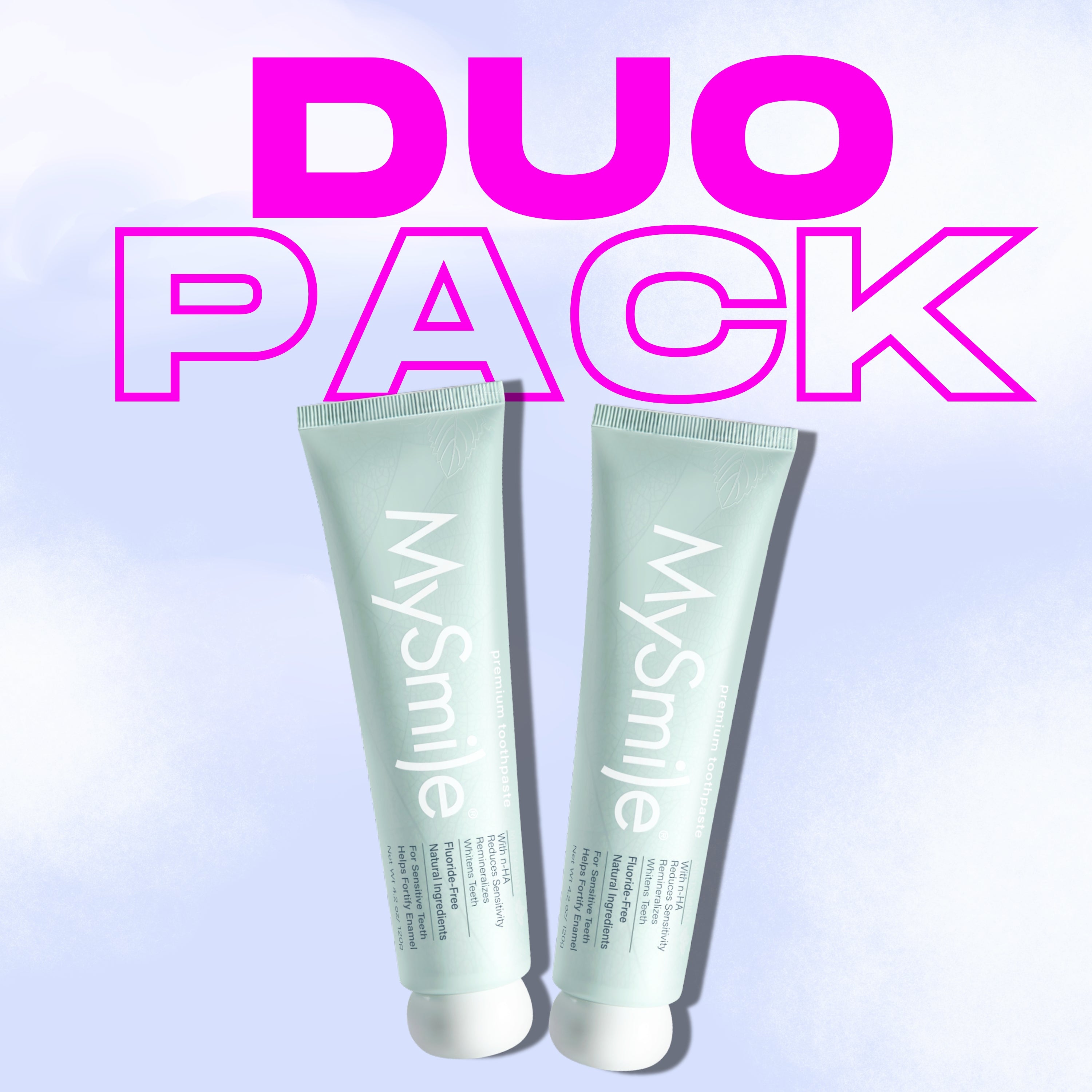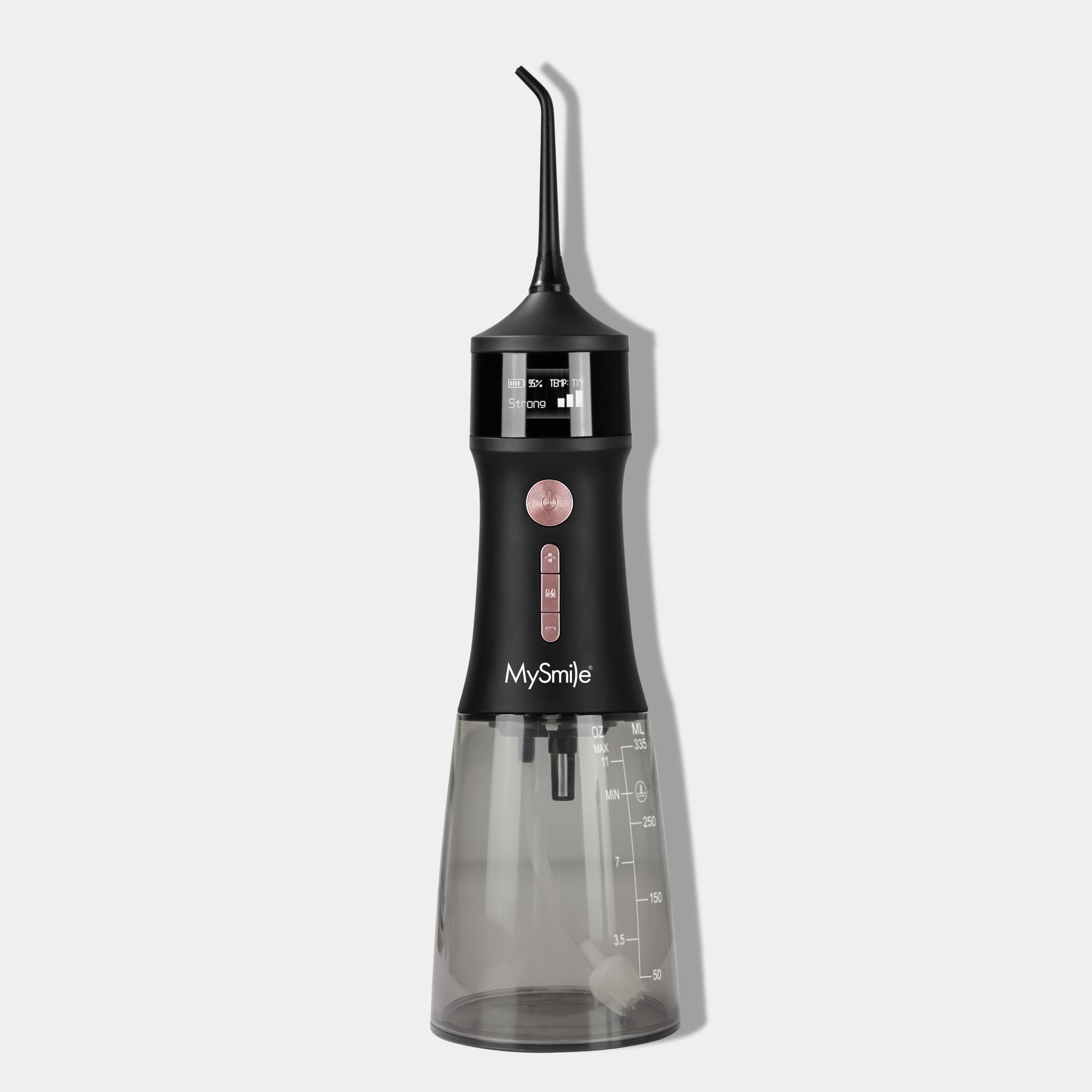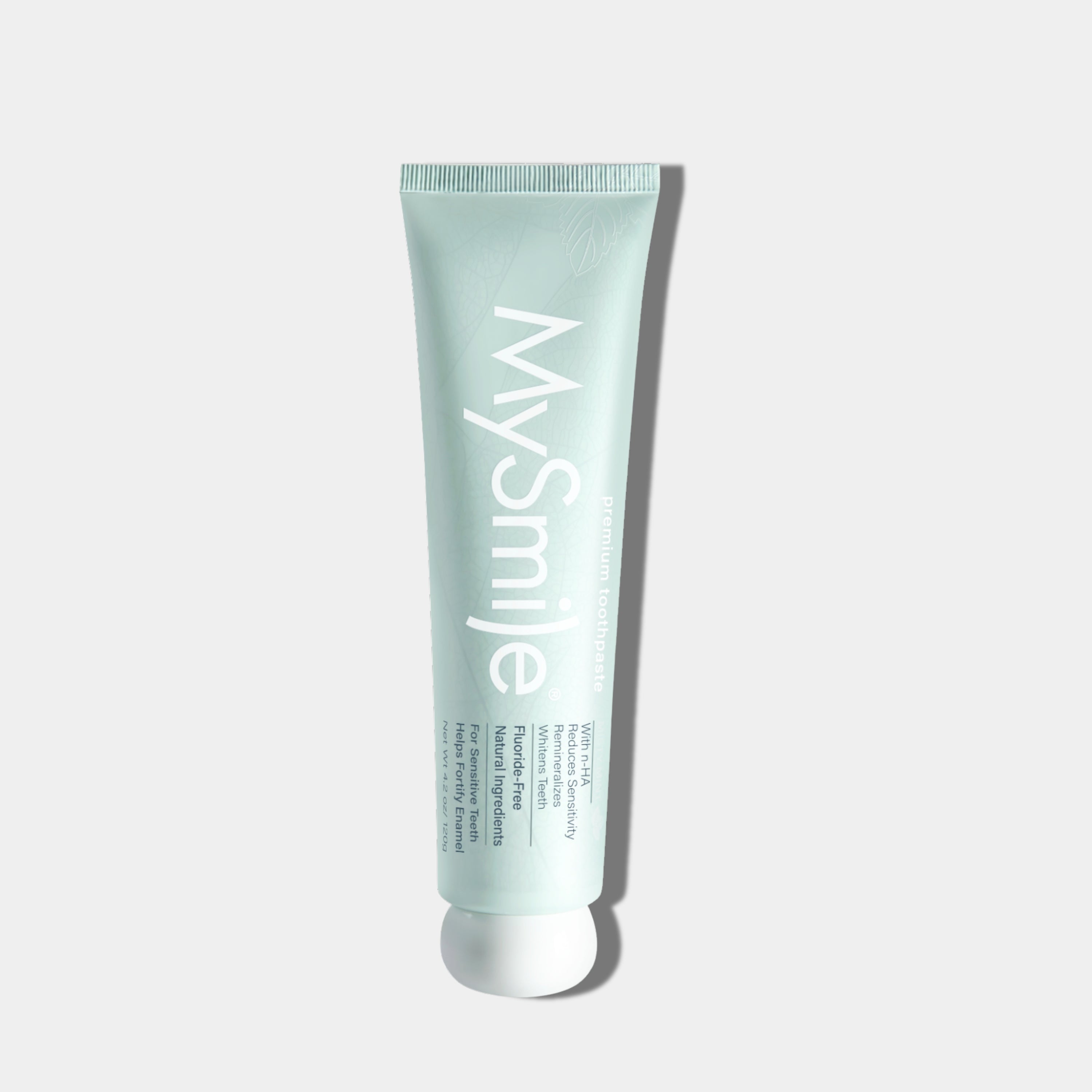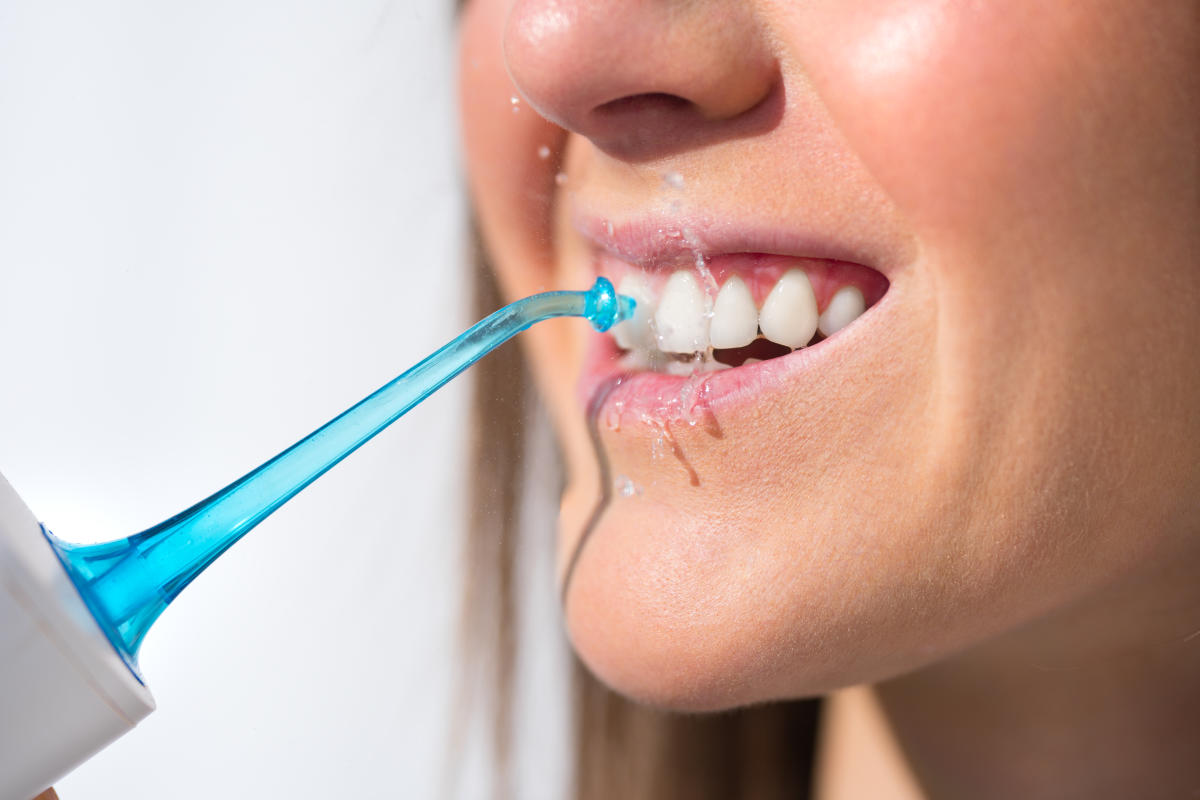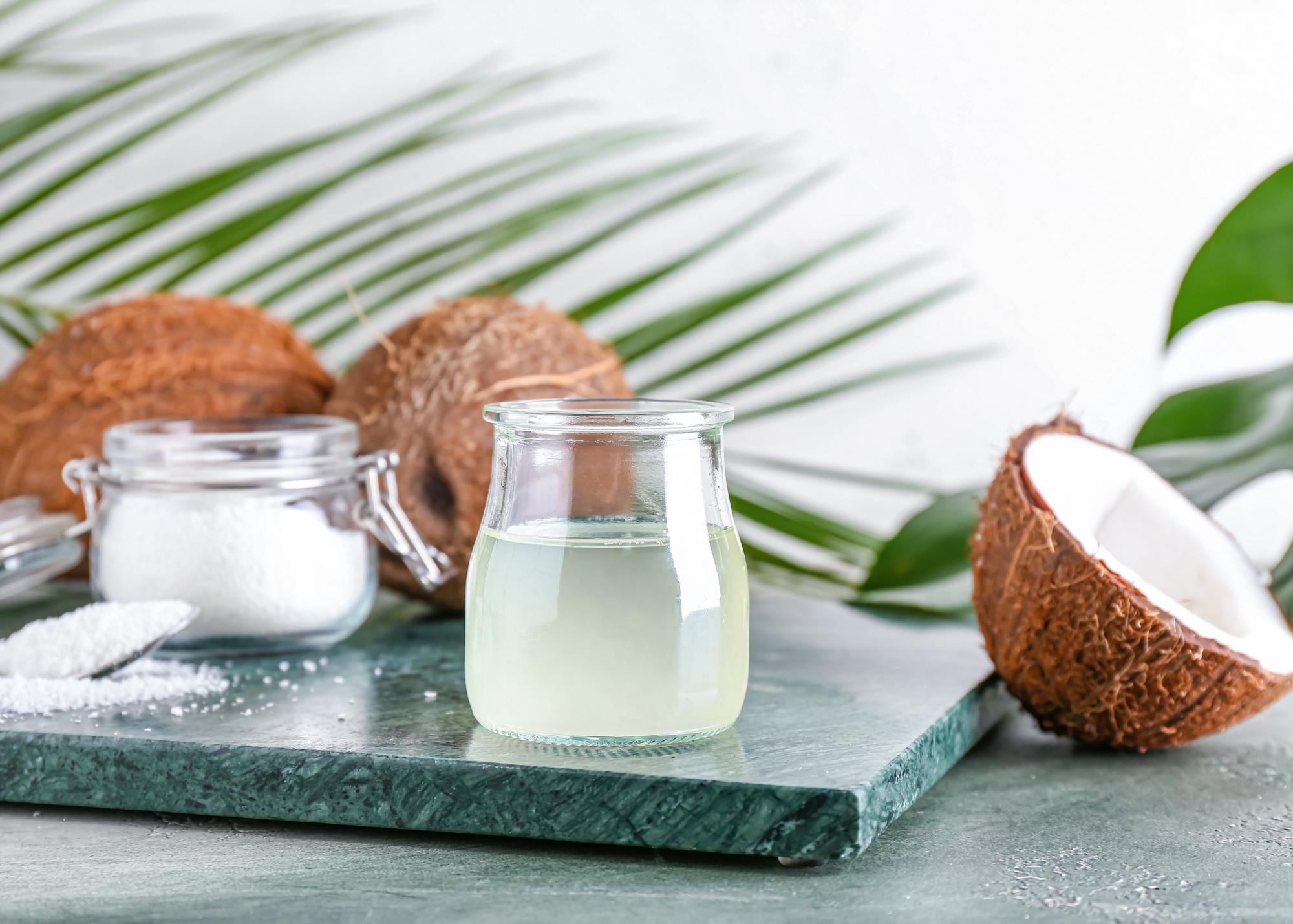Do you need clarification about deciding between dental floss and a water flosser? Do you want to upgrade your oral routine and eliminate the string? Let us help you pick the right option from the best water flossers for all your oral hygiene needs. The best part is that you don’t need to visit a dentist for advice because we offer expert guidance in this dentist's guide for water flossers right here.
Keep reading to learn all about the best water flossers, and prepare to flaunt your radiant smile!
What is a Water Flosser?
A water flosser is a home dental care gadget that uses a high-pressure pulsating technology to help you get rid of all food debris or plaque stuck on teeth or between gums. It’s also called an oral irrigator and makes sure your teeth and gums are healthy and free of plaque or tartar. A water flosser is particularly recommended for those who have got braces or implants as it is difficult to clean with only a toothbrush.
Water Flosser vs Dental Floss
While both get the job done efficiently, dental floss is difficult to use and also more time-consuming in comparison to a water flosser. A water flosser is a good substitute, especially for those with sensitive teeth and gums as it also prevents bleeding gums. Similarly, it is also convenient to use for people with braces, implants, or crowns as it might be difficult for them to clean around with a string.
- According to the American Dental Association (ADA), water flossers remove 29% more plaque than floss.
Why Do You Need a Water Flosser?
Let’s be honest. How often have you asked yourself, “Do I really need to floss, or is brushing my teeth enough?” We understand that it’s natural to wonder. However, you must remember that flossing is necessary and has numerous benefits. It helps remove plaque, maintains healthy gums, and prevents gingivitis, tartar buildup, and gum inflammation.
Regularly using a dental flosser can prevent many oral hygiene issues that may arise in the future. Do not skip it!
Key Factors to Consider When Looking for a Water Flosser
Decide the Kind of Flosser You Want: Corded or Cordless?
Before you select a water flosser, it is important to understand the requirements, functionalities, and benefits of both the corded water flosser as well as the wireless water flosser. While both of them are equal in many factors, it all comes down to your personal preferences and ease of usage.
Now whether you want to add the Countertop Water Flosser to your daily oral hygiene routine or the LP221 Cordless Water Flosser, it’s all up to you!
What Specific Features Are You Looking for?
Let’s compare two of the best water flossers: cordless and countertop water flossers. This way you will have a better idea of which one suits you best.
| Countertop Water Flosser | Cordless Water Flosser |
|---|---|
|
1. Pulsation Technology The first you would want to consider is the efficiency of the pulse when selecting a water flosser. With its advanced pulsation technology, the countertop flosser provides a high-efficiency water pulse of 1250-1700 times/min. |
Having a water pulse of 2000-2800 times/min, the cordless flosser works to effectively flush out the tiny food residues and stains between the teeth and gums. This enhances the effectiveness of how the hygiene operation works. |
|
2. Handiness It is important to understand the ease and mobility of using a water flosser. With a corded water flosser, you will need to be equipped with an electrical outlet as well which can be a hassle if you are staying at a friend's or going for vacation. |
Comfort and ease of usage are the plus points of the cordless flosser. If you are someone who is always on the go and needs something portable to carry easily, the cordless flosser can be more convenient for you. |
|
3. Capacity How large of a water capacity are you looking for? With a corded flosser, you will find a large 34-ounce water tank that will last you for a longer duration without needing a refill. |
In comparison to the corded flosser, the cordless one has a smaller inbuilt water tank. Even though it is more convenient to use, you will have to refill it during each use. |
|
4. Operating Modes You will want to take a look at the operating modes to see the different functions each of the water flossers provides. The corded flosser offers multi-pressure settings with multi-tip selections, from gentle pressures (ideal for children) to ones with higher intensity (for adults). |
The cordless flosser also has 4 different built-in modes from soft and normal to strong and pulse, along with 3 pressure levels to adjust according to your needs and usage. Moreover, more operation modes come in with a more expensive gadget. So if you are on a budget, try investing in a cordless flosser. |
| Similarly, it also has 7 replaceable jet tips which can cover your different oral care needs! | |
How to Use a Water Flosser?
Now that you know all about our corded and cordless water flossers, let us explain how you should be using them for the best results. A water flosser is very simple to use; all you need to do is fill the water tank with lukewarm water, and select a tip if you are using the corded flosser. Adjust the pressure settings on the flosser according to your needs, and just place the tip of the flosser in between your gum line and teeth, moving it along.
Tip: Make sure to use a water flosser every day before brushing your teeth.
Conclusion
In a nutshell, both corded and cordless water flossers are equally good for your oral hygiene. However, with our comprehensive guide, now that you have taken a look at our dental floss collection, you can easily analyze the functions of both and see which one suits you best. Stop hesitating and buy the best flossers now, and say goodbye to the regular dentist visits!
FAQs
How often should I use a water flosser?
It is suggested that you use a water flosser once every day, before brushing your teeth. This ensures effective results.
Are whitening water flossers a good investment?
Well, these can be a good investment for some but keep in mind that it has a limited whitening effectiveness. Similarly, stain removal also depends on the severity of it. However, one thing is for sure it removes plaque, bacteria, and tartar buildup, giving you a brighter smile.

